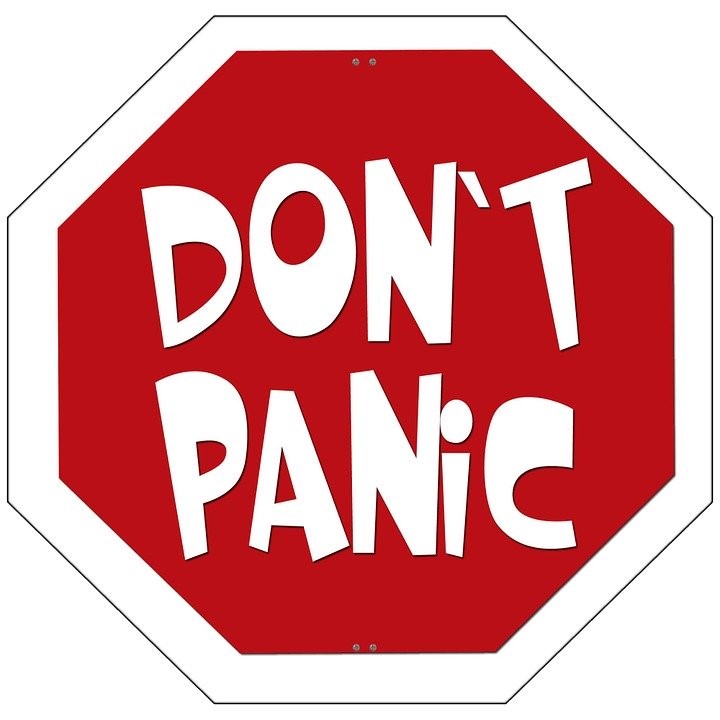Triggered by Coronavirus
Trauma symptoms of intimate partner violence (IPV) survivors often are triggered by people or events that remind them of their experiences. I recently talked to a survivor about how her anxiety was escalating because of the coronavirus. What does this pandemic have to do with her anxiety?
Feelings of uncertainty, fear, and powerlessness are familiar to survivors. They’ve had their belief that the world is safe challenged by partners and they frequently suffer from anxiety. Anything that smacks of danger can trigger fear. They intellectually know they’re over-reacting but this knowledge doesn’t necessarily help them manage their emotions.
All the media information is overwhelming. We know the disease affects everyone, so it’s important to do what we can to prevent its spread. Focusing on that helps us not feel powerless.
If this pandemic is increasing your anxiety, these are things to refrain from:
- Spending a lot of time on social media or with the news

Constantly getting updated, is a bad idea anytime, but especially if it’s ramping up your anxiety. Resist the urge to know the latest. Set a time when you will listen to the news or go to a site that informs you of what’s going on. Be alert for extremist web sites that distribute misinformation. Stick with sources that are reliable. Tell your friends and family you don’t want to hear about it constantly. They may decide it is a good idea as well.
- Catastrophizing and imagining worst case scenarios
These are a recipe for anxiety. Social media can increase this tendency. Our minds can run away with us, imagining all kinds of things that aren’t real. Our brains do this as a way of avoiding danger, but it can also be problematic when it leads us to project the future. If this is true for you, stop the negative train of thought and refocus on an interest or activity.
- Avoiding all information about it
This leaves yourself more vulnerable so don’t go to that extreme either. Allow yourself to get daily updates from a reliable source and take the precautions you can. The U.S. Center for Disease Control web site https://www.cdc.gov/ is a good one, as well as the World Health Organization’s site https://www.who.int/.
If you notice feeling more anxious as a result of this disease’s spread, be gentle with yourself and be vigilante with the ways you’ve learned to cope. You’re not alone. Mental Health America, a non-profit devoted to increasing awareness of mental illness, indicated that usage of their anxiety screen increased by 19% during the month of February 2020, the month in which the coronavirus became widely known.[i]
Be especially careful not to slip from recommended safety tips to either avoidance or overdoing it. If it’s hard to know the difference or your anxiety feels unmanageable, reach out to a mental health professional. If you have obsessive compulsive disorder and your symptoms of handwashing increase beyond what’s recommended by the CDC, see a professional for assistance.
It’s hard to know how vigilant to be. Initially, I didn’t think I needed to cancel my planned trip out of the country in May. After educating myself, I’m now waiting until it’s closer to make a decision, acknowledging that if the circumstances aren’t right, it’s better to lose money and be safe. We have to evaluate according to our individual circumstances, paying attention to what experts are telling us.
If you cancel activities or find school, jobs, or activities being cancelled, pay attention to these coping strategies:
- Stay connected. Use phones, email, texts, letters, social media to do this if you have to limit your social contacts. Here social media can be your friend or can make it worse. Mange the types of contacts that feel right for you.
- Exercise is an especially good outlet for reducing anxiety. If the usual exercise options aren’t available, do something via an app at home or walk in nature.
- Use inspirational or spiritual sources to focus your mind. Books, inspirational web sites, prayer, meditation, and affirmations are all good avenues that promote centering ourselves and productive thinking.
- Make a list of the things you can do rather than focusing on what you can’t do. I’m helping myself feel better about the possibility of not traveling by deciding I can spend all that time on my book manuscript.
- Think of someone who can use your support during this difficult time. Doing so keeps us from focusing overly on ourselves, and we can feel good about helping someone else. Phone calls to people feeling isolated can be a big deal. Reaching out to people you don’t know could be a lifesaver for them. Check with senior centers, churches, and other organizations to find people if you don’t know any.
Managing uncertainty presents challenges for all of us. It
tends to breed anxiety, but if you’re prone to it already, taking care of
yourself is vital. Identifying why it’s happening and reaching out to others helps
you not feel alone.
[i] https://www.motherjones.com/politics/2020/03/mental-health-professionals-are-preparing-for-an-epidemic-of-anxiety-around-the-coronavirus/ “Mental Health Professionals Are Preparing for an Epidemic of Anxiety Around the Coronavirus,” Will Peischel, Mother Jones, March 9, 2020.


This article has some of excellent suggestions for coping with anxiety.
Thank you. I’m glad it was helpful.
Thanks, Jennifer. Very timely, good advice at this stressful time.
You’re welcome. Stay well!